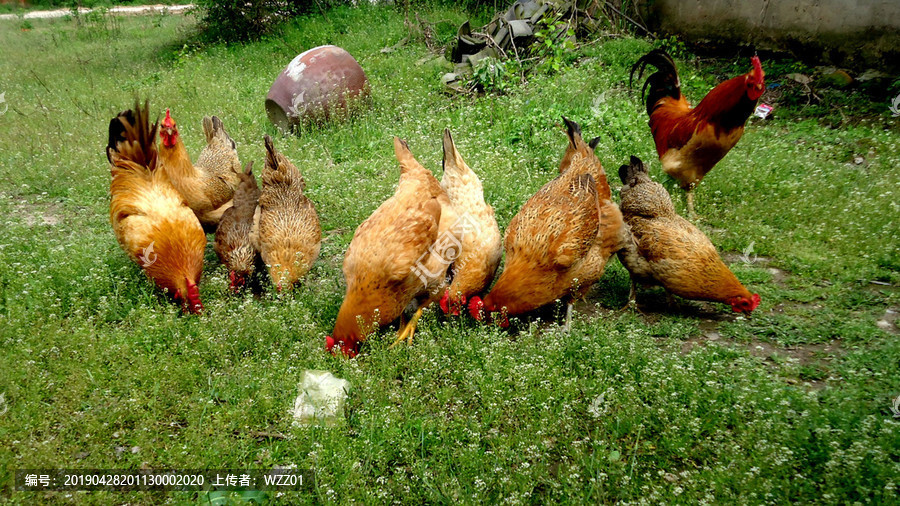
- Online pavilions:
- Veterinary medicines
- Veterinary raw materials
- Other
- Asia
- America
- medical instruments

News briefing:
Reasons:
① in spring, the temperature changes greatly, the temperature difference between day and night is large, and the temperature is high and low, which is easy to cause stress reaction in chickens. Reduce the resistance of the body and cause disease.
② The chicken house is too tightly sealed, which reduces the ventilation times of the chicken house, or the breeding density is too large, which makes the content of ammonia, hydrogen sulfide and dust in the chicken house exceed the standard, which is easy to eliminate the natural barrier of respiratory mucosa and cause chicken respiratory diseases.
③ Poor environmental sanitation in the house, untimely cleaning of chicken manure or frequent disinfection of the environment and feeding utensils, etc. when the body's resistance decreases, it is easy to infect the potential pathogenic microorganisms in the environment, resulting in disease.
④ Long term vitamin deficiency or absorption disorder in feed, especially vitamin A, will lead to the failure of timely repair of damaged respiratory mucosa, which provides conditions for pathogen infection. The deficiency or absorption barrier of trace elements such as selenium and zinc will also cause the development obstacle of the immune system.
2. Newcastle disease
Reasons:
① highly contagious diseases of chickens caused by paramyxovirus are common in winter and spring.
Symptoms: mental depression, closed eyes, dull eyes, dark red or purple black cockscomb and meat droop, soft and swollen crop, full of sour and smelly liquid and gas. Dyspnea, often stretch head and neck, open mouth to breathe, and often giggle in the throat; The feces are yellowish green or yellowish white. The sick chickens with a long course of disease are often accompanied by neurological symptoms.
3. Avian influenza
Reasons:
(1) avian influenza is an acute infectious disease of poultry and wild birds caused by influenza virus A. There are many types of clinical manifestations of this disease.
Symptoms:
① the most acute type is caused by the highly pathogenic strain, without obvious symptoms and sudden death.
② The acute type is mainly respiratory symptoms, and the chronic type is caused by strains with medium and low pathogenicity, with mild transient respiratory symptoms.